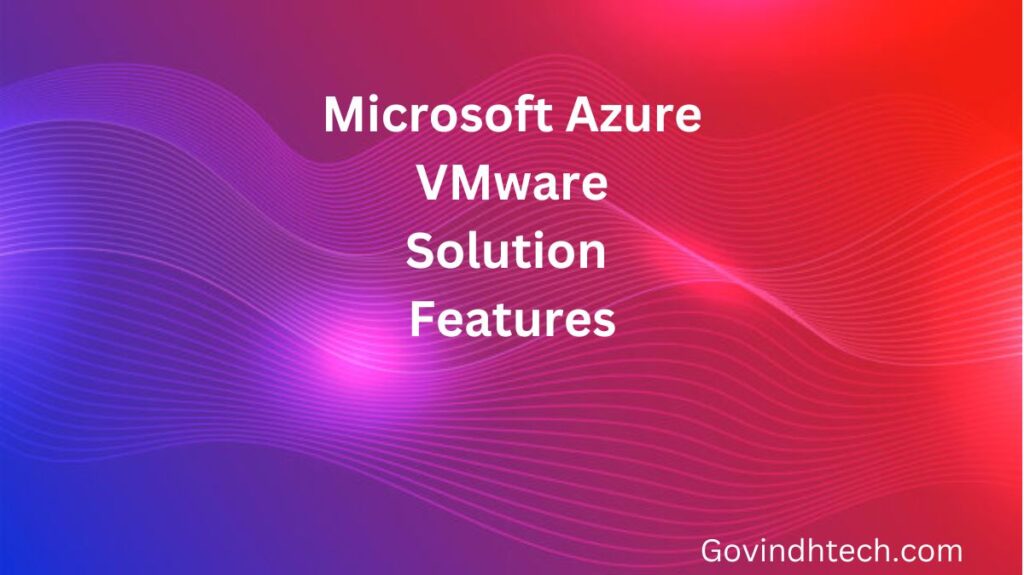Azure VMware Deployment Guide
A hybrid cloud environment provides “best of both worlds” advantage with flexibility and scalability for companies that need to run workloads natively between an on-premises cloud and a public cloud solution providing multiple management platforms and workload portability.
In other words, a hybrid cloud environment gives this “best of both worlds” advantage to organizations that need to run workloads natively between the two types of clouds. This could come at a cost due to the fact that public and private cloud systems have distinctively different implementation procedures and management instruments.
Mastering Azure VMware Migrations

The Azure VMware Solution (AVS) brings the best of both worlds to clients who are already using a cloud that is based on VMware and who want to improve the performance of their Microsoft workloads by running them in an Azure environment. You will be able to execute native VMware workloads on Microsoft Azure once the seamless connection with the Azure VMware environment has been unlocked. Additionally, the VMware management interface may be used to administer both on-premises and off-premises cloud environments. AVS offers flexibility and scalability, making it possible to simplify disaster recovery, expand an established footprint, and make use of the expertise and technologies that IT teams already employ.
Them can benefit from working with Dell Technologies in this regard in numerous ways, the first of which is that the company will handle Azure license subscriptions, providing them with a single vendor with whom they can work. And with Dell’s Implementation Service for Microsoft Azure VMware Solution, our professional services team assists customers in integrating their existing VMware environment with the Microsoft Azure cloud. This is accomplished by extending the on-premises network topology and accelerating migrations to a dedicated cloud on Azure VMware. This is accomplished by leveraging a mix of public and dedicated infrastructure resources.
Key Features of Azure VMware Solution
Users are able to utilize their already established VMware tools and operations from this location, while also having the freedom to utilize Microsoft Azure services such as disaster recovery capabilities. You have the ability to achieve high availability for VMware workloads by leveraging Azure’s global presence and redundancy choices. Additionally, you have the capability to build up disaster recovery solutions in Azure, thereby safeguarding essential apps and data.
AVS is helpful for enterprises because it allows them to decrease and consolidate the footprints of their data centers, rapidly increase capacity based on demand, use Azure services for the mobility of applications, and capitalize on existing VMware skills and tools for operations. Because of the benefits of AVS, there is less of a need to maintain more on-premises hardware, which results in a reduction in the amount of money spent on capital expenditures.
With Azure’s pay-as-you-go pricing model, businesses are able to easily scale their resource usage up or down to accommodate fluctuating workloads and unforeseen surges in resource demand without incurring additional costs. This allows for cost optimization. Because IT teams are able to use the procedures and tools with which they are already familiar, this feature also helps to reduce the amount of time spent on operation.
Advantages of Microsoft Azure VMware
Moving in the direction of AVS is like having the best of both worlds. Integrating VMware with the native management, security, and services offered by Microsoft Azure provides businesses with an edge that enables them to take use of the benefits offered by both on-premises and off-premises cloud environments simultaneously and without difficulty.
AVS provides additional benefits relating to pricing, such as the ability to apply current Windows Server licenses, SQL Server licenses, or Linux subscriptions to the Azure Hybrid Benefit licensing offer. This helps users migrate to Azure while saving money in the process. AVS is a solution that helps both the VMware environment and the Microsoft Azure cloud solution, making it a win-win situation.

[…] had the exceptional chance to meet several of you at Google Cloud Next in San Francisco and VMware Explore in Las Vegas. A recurring theme from these discussions is the requirement for a […]
[…] years from now, Microsoft may buy Hugging Face and merge it with GitHub to become the leading open-source development […]
[…] able to measure cost against other business requirements makes it easier to design and optimize Azure applications iteratively utilizing current architectures. Better business, technical, and finance team […]
[…] Intel SGX was just the start. Microsoft Azure now offers Intel Trust Domain Extensions (TDX), VM isolation technology launched in 2023 by […]
[…] hard drives underpinning VDI remote desktops, data deduplication works well with VDI installations. Microsoft Azure Virtual Desktop and Windows VDI are popular DaaS […]